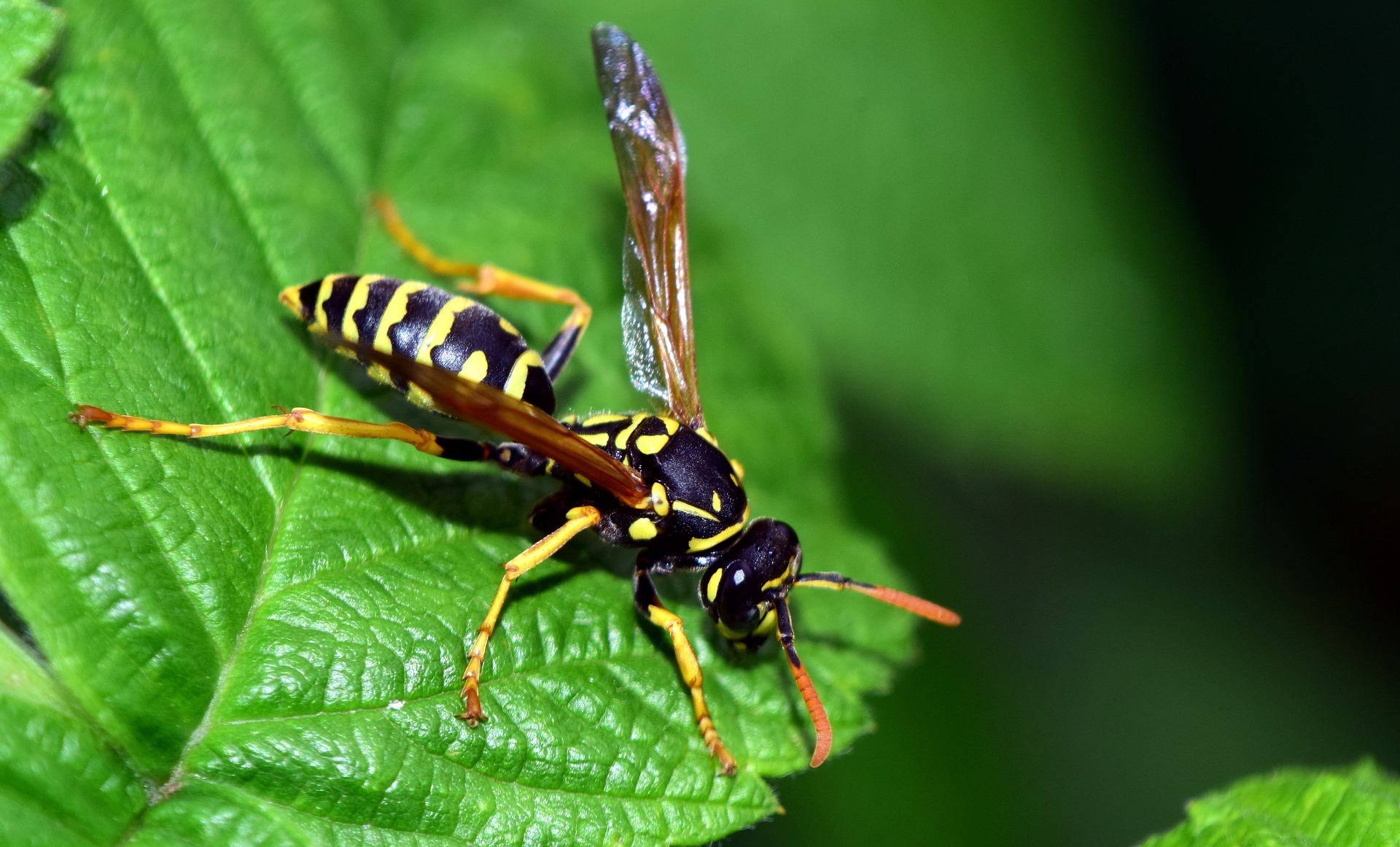
Allergies are no laughing matter. If your child has discovered a serious allergy, you’ll need to take certain steps to ensure that his or her life isn’t threatened. Below are three things you should do as soon as the allergy has been discovered.
Go to the Doctor
Your first step should always be to seek out medical attention. Go visit a doctor and get a referral to an allergist. You’ll want to make sure that you know what prompted your child’s reaction, and whether your child is likewise allergic to anything else. Testing might show that your child is allergic to more than just the initial ingredient, so you’ll be better set to protect your child after it’s done. Don’t try to handle things on your own—always make sure that you consult with a licensed medical professional to determine the next steps to take.
Inspect Your Home
Your next step is to inspect your home for allergens. Allergies can be triggered by many different things in the environment, so it’s a good idea to remove any offending items if possible. The steps you take will largely depend on the age of your child and the severity of the allergic reaction. In some cases, you might be able to keep the allergen in your home but keep it sealed and away from your child. If you have a younger child—or if the allergy is life-threatening—it might be smarter to completely eliminate the dangerous items from your home.
Create an Action Plan
Unfortunately, you won’t be able to make the rest of the world as safe as your home. Your next steps should be to create an action plan to determine what you can do to keep your child safe. In many cases, this means both education your child about the dangers of the allergen and contacting other adults to make sure that they are kept in the loop. This might mean contacting your child’s school, for example, and reiterating how important it is to keep certain items out of the classroom. You should also create an emergency plan involving any life-saving measures that your child may need to keep on-hand like medical alert bands, emergency medications, etc.
Your child’s discovery of a serious allergy can change your life, but that doesn’t mean that you can’t find a way to cope. Work with a doctor, clear your home, and create an action plan to keep your child safe. If you can do all three, you can minimize the danger that the allergen presents and help your child to live a normal life.
Emma Sturgis
Recent Posts
- Castor Oil For Better Hair Growth: Is It Myth Or Fact?
- Exploring the Differences Between Sermorelin, Ipamorelin, Ibutamoren, GHRP2, and GHRP6: Understanding Their Role in Human Growth Hormone Regulation
- Unraveling the Mystery: Understanding the Causes and Prognosis of Ventricular Tachycardia Without Apparent Heart Disease
- Understanding Grandparents’ Rights in Oklahoma: Navigating Visitation and Legal Protections
- 10 Reasons to Consider Hypnotherapy for Your Health

